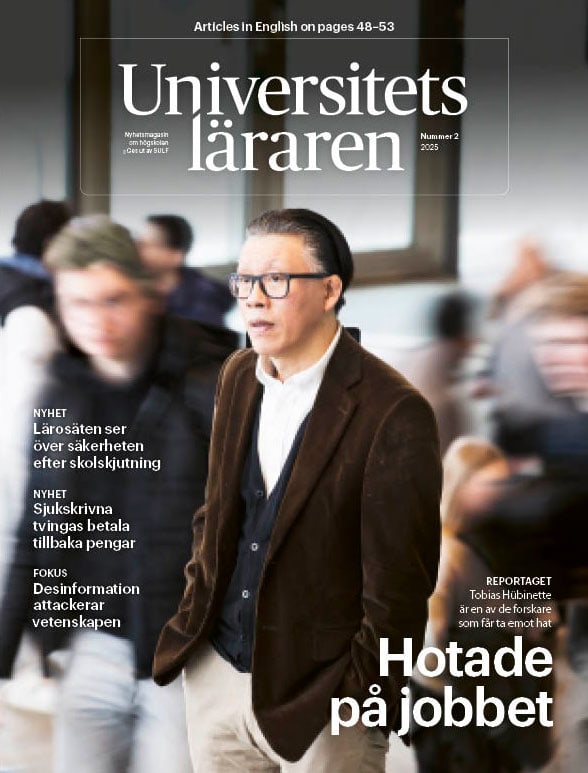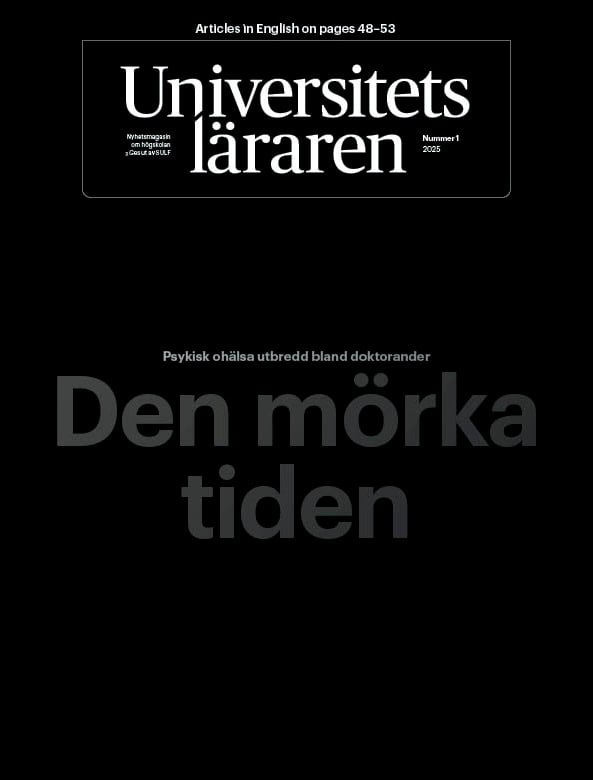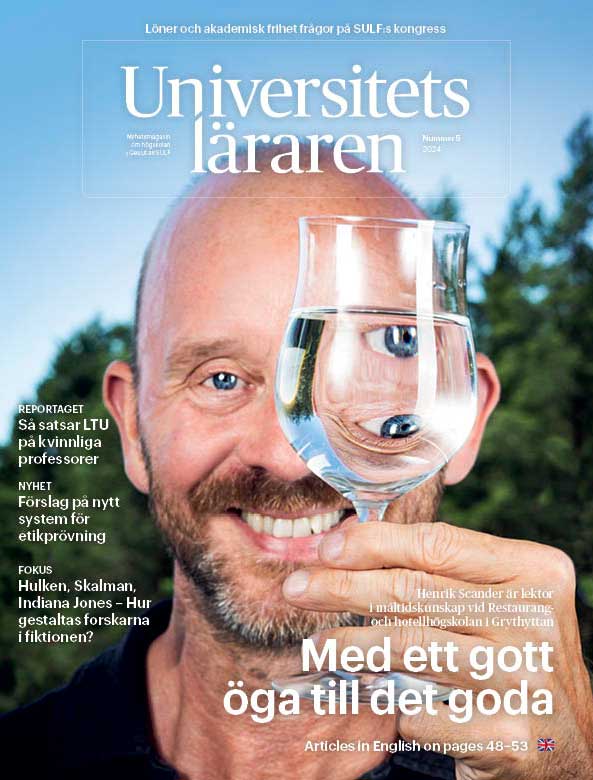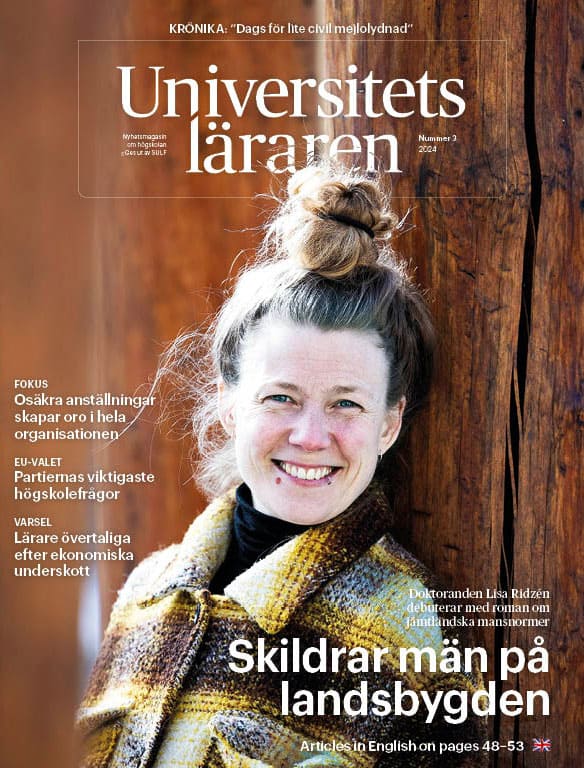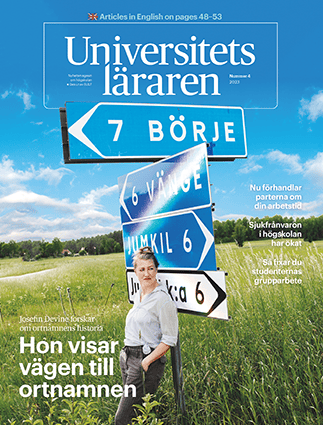Sweden has lost many talented students from outside the EU by introducing tuition fees. For the sake of fairness, it is important to say that the leadership of Swedish universities have been one of the fiercest opponents of introducing tuition fees upon non-EU students. This is because they understand well that such move will negatively affect the internationalization efforts of the Swedish universities/colleges and also the global network that is nowadays a necessity including for assessing the international ranking of universities. But since introducing a tuition fees for non-EU students is already a reality, the Swedish universities need to further discuss the way forward on how to come up with new innovative ideas to attract more of non-EU Swedish students to their programs. The fact that most international students are not able to find a qualified (or even in most cases also unqualified) part-times jobs to cover their living expenses during their studies is one of the problems that may hinder attracting non-EU potential fees paying students. In the USA, Australia, Canada, the UK and many other countries, the international students have much less problems in finding such jobs. In fact, the universities themselves create jobs for international students inside the universities with jobs as teachers’ assistants, lab assistants, or in the administration of various courses. The universities use such jobs to help the international students to reduce the amount of tuition feesthey have to pay. Therefore, such countries may have better possibilities to attract the brightest international students. The Swedish educational establishments need to learn more from those universities experiences to attract more talented tuition fees paying students. Moreover, the immigration rules for well-educated people in those countries are more attractive than the Swedish immigration rules. Indeed, the Swedish parliamentarians have been discussing easing the immigration rules for the PhD students studying in Sweden but even that have not yet been agreed upon. It has been taking too long to take a decision on that. There fore, the Swedish universities have to lobby further in making the immigration rules less difficult for the master and PhD students from outside the EU if the universities are to compete for fees paying students in the competitive international market. The Swedish universities and colleges might also try to convince the policy makers to reduce the current tuition fees. Shifting from no tuition fees at all to high fees that may reach more than 170 000 Swedish kronor per academic year is not sustainable way of doing business. Tuition fees strategy should have been that it gradually increases with years if necessary and if there is an adequate number of fees paying students. Therefore, the Swedish universities need to make efforts to reduce the amount of tuition fees required. This is of Sweden’s interest in the long-run. Moreover, Swedish universities/ colleges need to create a system of rewards for those international and also national students who have high performance in their studies. This will definitely stimulate all the students to perform better in their studies and will improve the quality of education in general. Creating some research positions, providing the students a good network with Swedish organizations that may provide paid internships and potential employment, and creating PhD positions for the most promising students after their graduation may be among the successful strategies. Unfortunately, the Swedish educational establishments have not done much in that aspect unlike the many otherprestigious universities around the world that compete for attracting the most talented students. There is a need for appropriate cost analysis that takes into account not only financial shortterm aspects but also strategic interests and longterm benefits for Sweden. There is also a need to take into account what the other countries are providing tuition fees paying students with that Sweden currently is not. I believe that Swedish universities will eventually manage to find more creative ways that ensure the success in attracting the most talented and brightest students from all over the world. However, there is always a need to rethink and to reevaluate the current strategies and taken decisions based on the actual results and not only on the hopes. MOHAMAD ZAKARIA Master of Public Health student, Lund University
Det här innehållet kommer från vår tidigare hemsida och kan därför se annorlunda ut. Vi ber om överseende med detta.
Debatt: The impacts of introducing tuition fees
20 december, 2011
Universitetsläraren
Universitetsläraren
Universitetsläraren utformas enligt journalistiska principer och följer mediebranschens publicitets- och yrkesetiska regler. Tidningen har en fri och självständig ställning gentemot sin ägare, fackförbundet SULF.



















